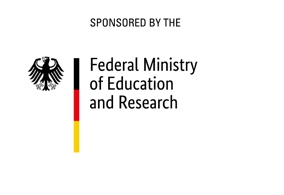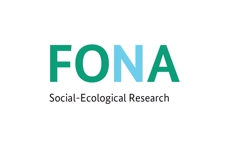Human migration and global environmental change: A vicious cycle?
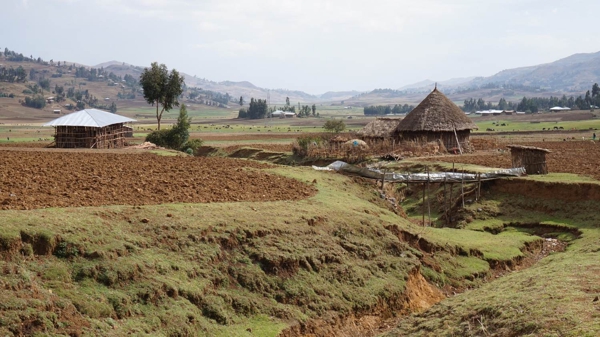 Ethiopian Landscape (Photo: MigSoKo)
Ethiopian Landscape (Photo: MigSoKo)
Who we are
We are a junior research group co-funded by the Federal Ministry of Education and Research (BMBF) funding priority Social-Ecological Research (SÖF) and Helmholtz Centre for Environmental Research (UFZ) aiming to understand the causalities between environmental change and human migration. We are based at the Computational Landscape Ecology (CLE) Department at UFZ Leipzig, Germany. About us
Our motivation
In recent decades, millions of people worldwide are estimated to have migrated due to environmental change. This phenomenon is likely to increase even more, given the projected continuation of both environmental change and population growth. However, the close relationships between environmental factors and political, economic, and social factors driving migration make it challenging to understand the role of the environment in migration processes. Environmental pressure supports out-migration, whereas in-migration may affect the landscape at the migrant’s destination due to a possible overexploitation of local natural resources. As such, in-migration can potentially accelerate environmental change and even environmental degradation. Consequently, environmental change and migration can become enveloped in a vicious cycle, which has rarely been studied.
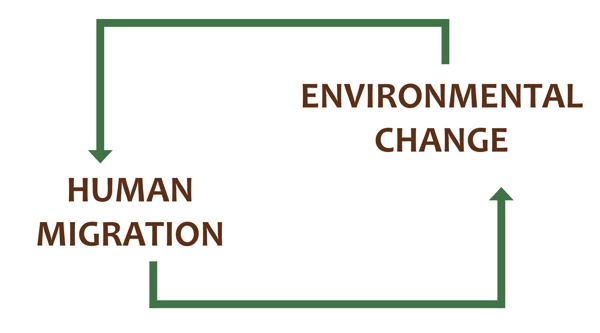 Bidirectional linkages between human migration and environmental change (illustration: MigSoKo)
Bidirectional linkages between human migration and environmental change (illustration: MigSoKo)
Our aim
- Detecting and explaining spatial pattern of migration and environmental change
- Understanding the causality between environmental change, population pressure, human migration, and environmental consequences of migration in the Global South
- Identifying and understanding factors that contribute to a positive feedback loop between environmental change and migration
Our approach
We use an interdisciplinary approach that combines knowledge from multiple disciplines, including human geography, sociology, remote sensing, ecology, and climatology. Moreover, we apply a broad range of methods to obtain novel information regarding the environment-migration relationship at large spatial detail, including GIS-analyses, interviews, time-series analyses of environmental data, Agent-Based-Modelling and meta-analyses.
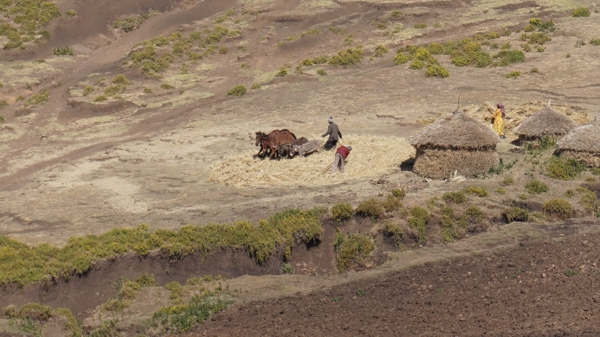 Ethiopian Farmer (Photo: MigSoKo)
Ethiopian Farmer (Photo: MigSoKo)
Contract period
01.07.2016 - 31.12.2022
